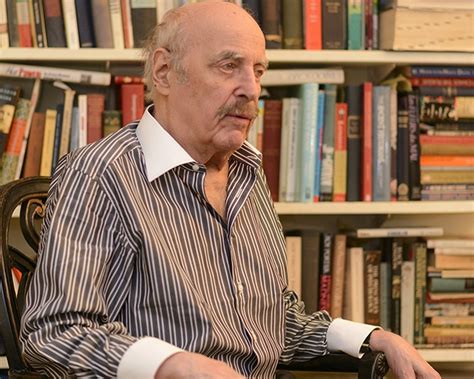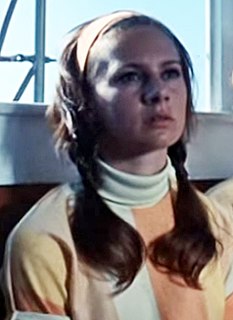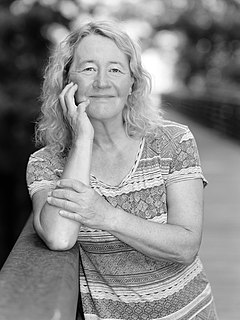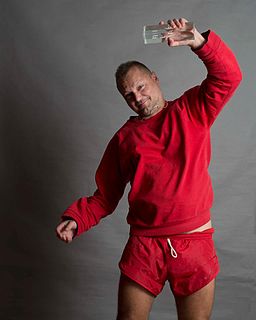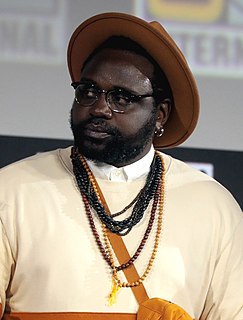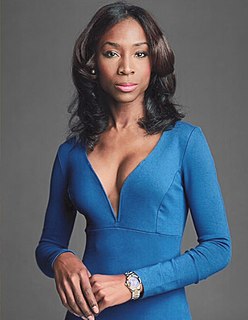A Quote by George Weinberg
My father, who was from a wealthy family and highly educated, a lawyer, Yale and Columbia, walked out with the benefit of a healthy push from my mother, a seventh grade graduate, who took a typing course and got a secretarial job as fast as she could.
Related Quotes
My mother was determined that I was going to leave the farm and do well in life. And she thought with the gift, I might be able to do that. So she took in washing. She got a washing machine in 1942 as soon as we got electricity and she took in washing. She washed the schoolteacher's clothes and anybody she could and sent me for singing lessons for $3 per lesson.
I was, not an altar boy, but a reader of the Epistle, and I walked in on a nun and a priest furiously French kissing when I was in seventh grade. I walked in, saw it, and went, "No way," backed out, composed myself, and went back in, and it was still going on. And the experience of seeing that was actually very deep.
My father was retired military, and my mother was an educator. She was incredibly creative. I used to love going to her school during the summer and helping her decorate her classroom. I would draw Mickey Mouse, Donald Duck. She was a sixth grade teacher. She and my father are the ones that got me into my love of music.
